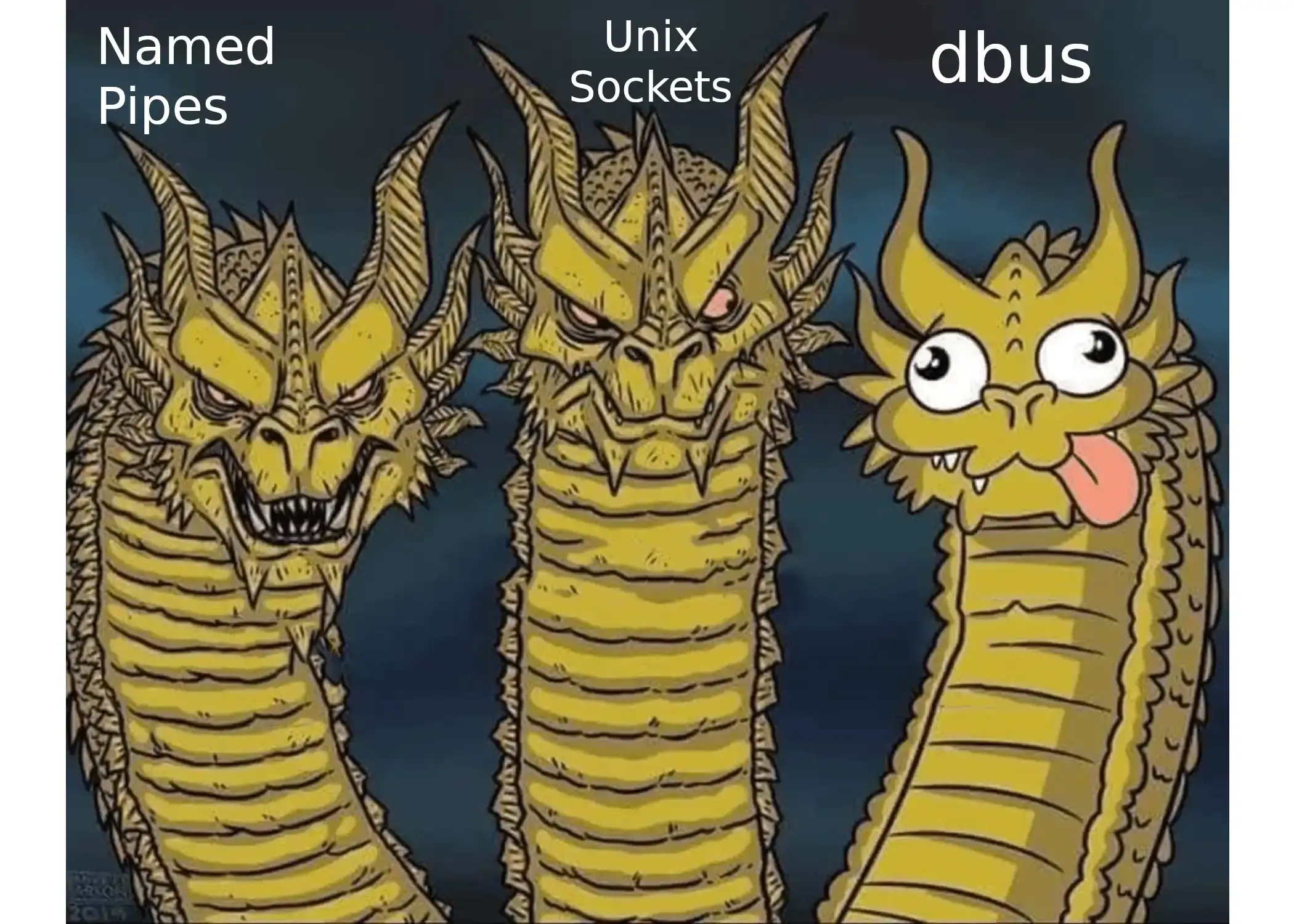With pipes/sockets, each program has to coordinate the establishment of the connection with the other program. This is especially problematic if you want to have modular daemons, e.g. to support drop-in replacements with alternative implementations, or if you have multiple programs that you need to communicate with (each with a potentially different protocol).
To solve this problem, you want to standardize the connection establishment and message delivery, which is what dbus does.
With dbus, you just write your message to the bus. Dbus will handle delivering the message to the right program. It can even start the receiving daemon if it is not yet running.
It's a bit similar to the role of an intermediate representation in compilers.

